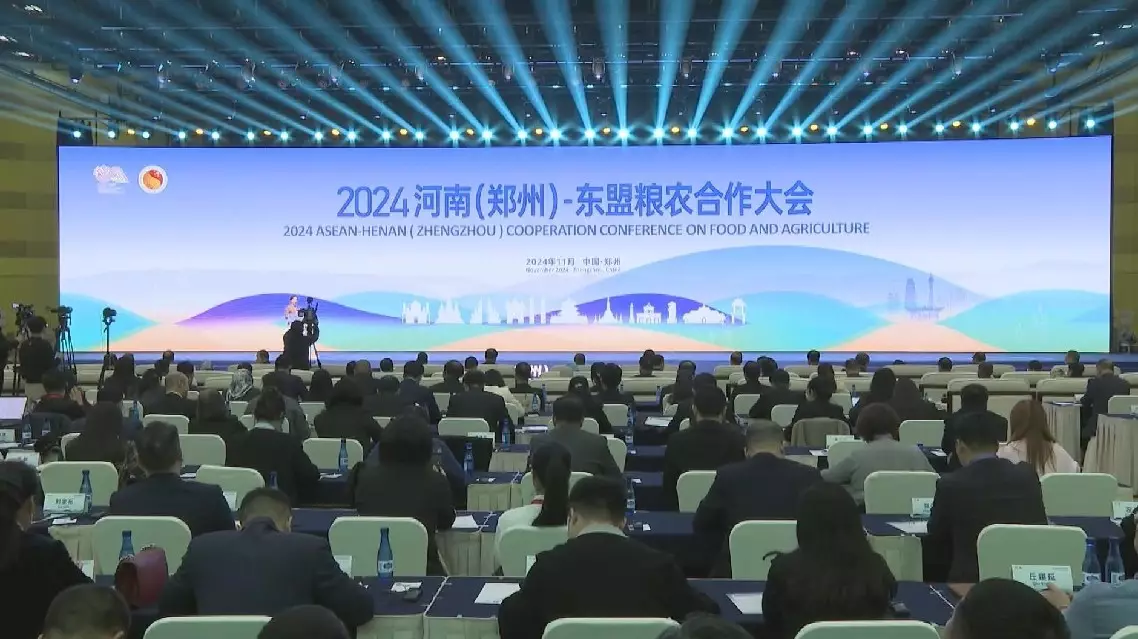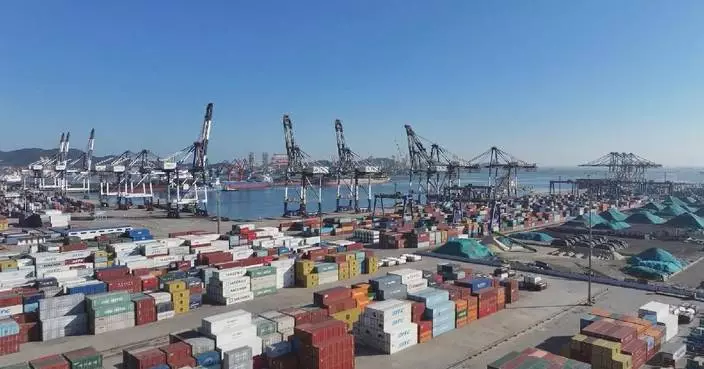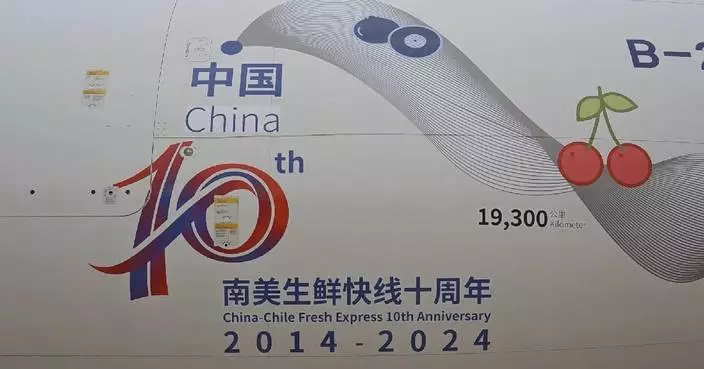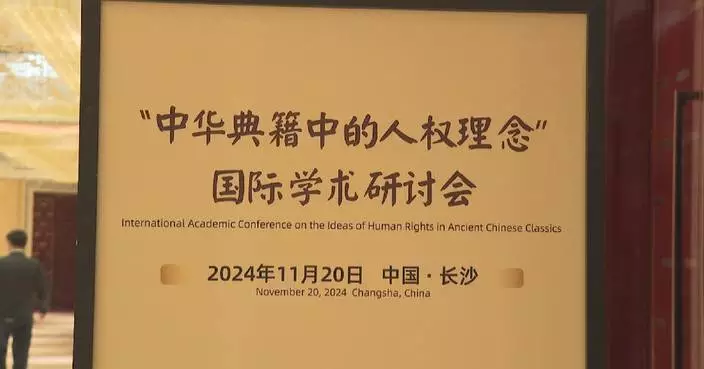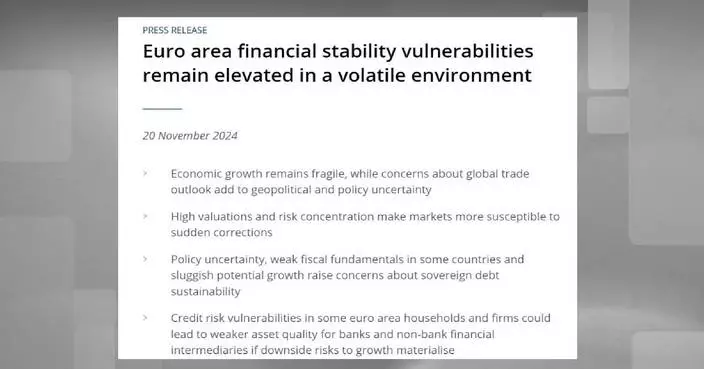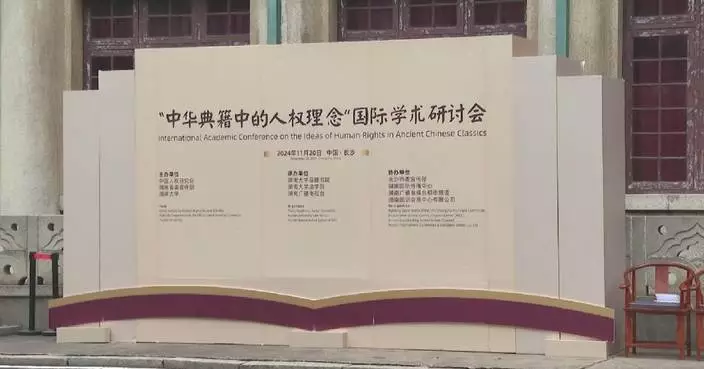A Chinese representative said Wednesday that negotiations on the details of a global carbon trading market are ongoing at the United Nations climate change conference or COP29 in Baku, Azerbaijan, after negotiators ratified a key framework following years of deadlock.
COP29, formally known as the 29th session of the Conference of the Parties to the United Nations Framework Convention on Climate Change, is taking place in Baku on Nov 11-22. Negotiators are gathering in the Azerbaijani capital city to discuss strategies for reducing carbon emissions, achieving carbon neutrality, and advancing the transition to green technologies.
On the first day of the conference, negotiators from almost 200 governments struck a final deal on Article 6.4 of the Paris Agreement to create a new structure for a global carbon market led by the UN.
Under Article 6.4, an integrated and global carbon mechanism will be established, overseen by a UN body for the trading of emissions mitigation units created globally by various projects. These include how to validate, verify and issue credits.
Talks are underway, involving the authorization and transfer of emission reduction indicators, as well as the corresponding registration system. The negotiations atmosphere is better than in previous years, said Wang Jijie, a negotiator of the Chinese delegation at COP29.
"If we can finish discussing all these issues this year, most of the technical problems will be solved relatively well. From my personal point of view, at least for now, everyone is working towards the goal of completing the negotiations, and this year's negotiation atmosphere is indeed better than in previous years, so this also provides a basic condition for us to achieve such a positive result in the final conference," Wang said. Experts said that if the international carbon trading system passes in its entirety, billions of U.S. dollars are set to be pumped into carbon markets, especially in developing countries where many carbon-credit programs are based.
The establishment of an international carbon market is a complex issue, involving the balance of interests among countries, the allocation of emission reduction responsibilities, and the formulation of trading rules. Although some progress has been made, there are still some details that need to be resolved in the following years.
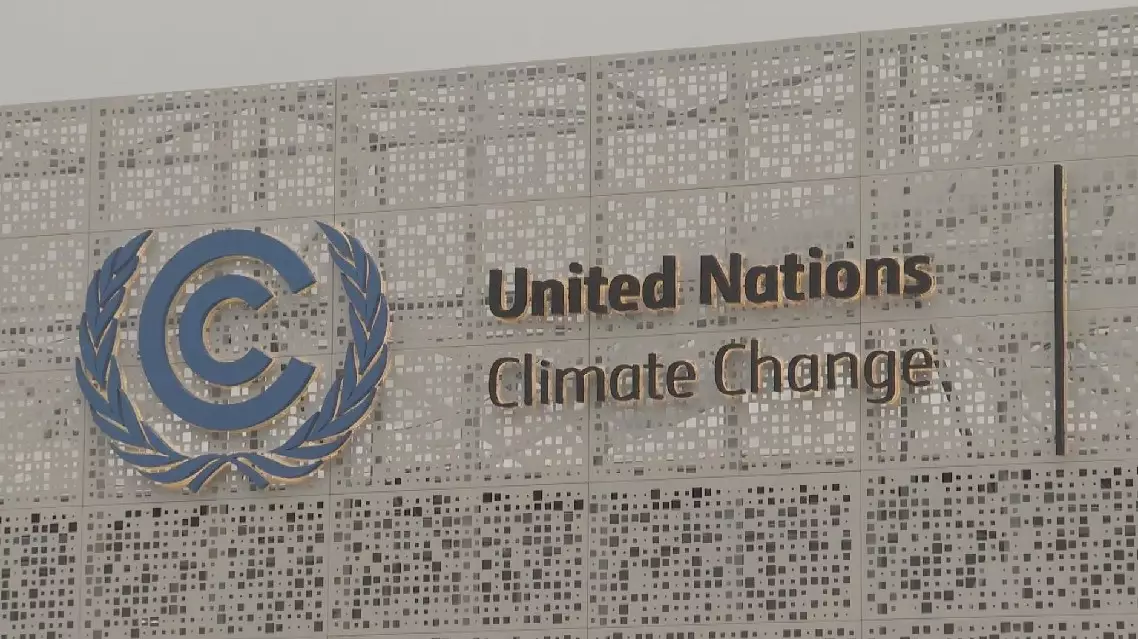
UN-led global carbon trading negotiations go into details


